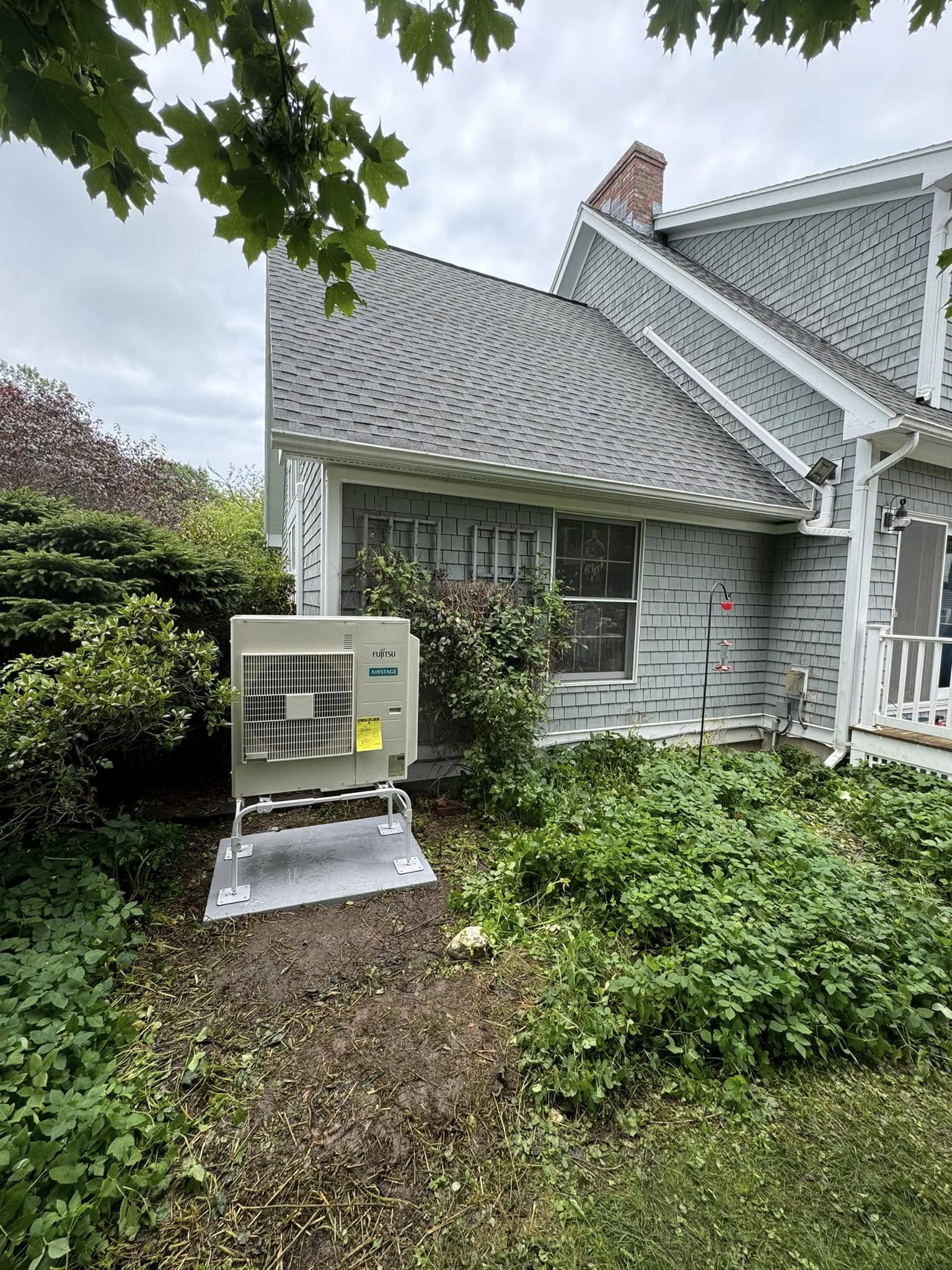
How Climate Change is Shaping the Future of HVAC Systems Jul 14, 2025
Climate change brings about fluctuations in temperatures, increase in extreme weather events, and longer, more intense heatwaves. These changes demand HVAC systems to be more efficient and resilient. Rising temperatures lead to increased reliance on air conditioning, which in turn hikes up energy consumption and drives the demand for HVAC systems that are both energy-efficient and eco-friendly. As this demand grows, so does the opportunity for HVAC companies to innovate and develop systems that use renewable energy sources and advanced technologies.
One significant development in the industry is the growing adoption of smart HVAC systems. These cutting-edge systems integrate with smart home technology, allowing homeowners to monitor and control their heating and cooling systems remotely. This capability not only improves convenience but also enhances energy efficiency by optimizing HVAC functions based on real-time data such as temperature and occupancy. By using smart thermostats and app-based controls, users can dramatically reduce their energy use and related costs, contributing to a reduction in greenhouse gas emissions.
Energy efficiency is another crucial focus area as HVAC systems contribute a considerable share of a building's energy consumption. Monty Mechanical LLC recognizes that consumers are looking for solutions that minimize environmental impact without sacrificing comfort. Consequently, the push for higher efficiency standards and regulations is driving the development of more sustainable HVAC systems. Heat pumps, which transfer heat rather than generate it, are gaining popularity due to their efficiency and lower emissions. Additionally, the use of refrigerants with low global warming potential (GWP) is becoming increasingly important, as traditional refrigerants can significantly impact the environment.
Another notable trend driven by climate change is the increased use of geothermal heating and cooling systems. By harnessing the earth’s stable temperatures, these systems offer energy-efficient heating and cooling solutions with minimal environmental impact. Though the initial installation cost may be higher, the long-term savings and sustainable benefits make it a worthwhile investment for homeowners looking to align with eco-friendly practices.
In urban areas, where high population density correlates with increased energy demands and heat islands, decentralized HVAC systems are becoming more popular. These systems, which operate on a smaller, localized basis, enable better management of resources and minimize the strain on power grids, especially during peak demand times.
The continuous evolution in the HVAC industry as a response to climate change presents both challenges and opportunities. Companies like Monty Mechanical LLC play a pivotal role in steering these innovations to meet consumer expectations and environmental needs. For homeowners, the adoption of advanced and sustainable HVAC technologies means enhanced comfort and energy savings. By staying informed and proactive, both HVAC professionals and customers can contribute to a more sustainable future while reaping the benefits of modern, efficient systems.
Monty Mechanical LLC remains committed to providing its clients with the most advanced, sustainable HVAC solutions available. As the climate continues to change, embracing these advancements ensures not just compliance with emerging regulations, but a substantial reduction in environmental impact, paving the way for a cleaner, greener future.
/filters:no_upscale()/media/1f50d2e2-1a72-45bd-a2d3-41085d14853d.jpeg)
/filters:no_upscale()/filters:format(webp)/media/b493ed5a-da4b-4487-92f2-5a2de021fe78.jpg)